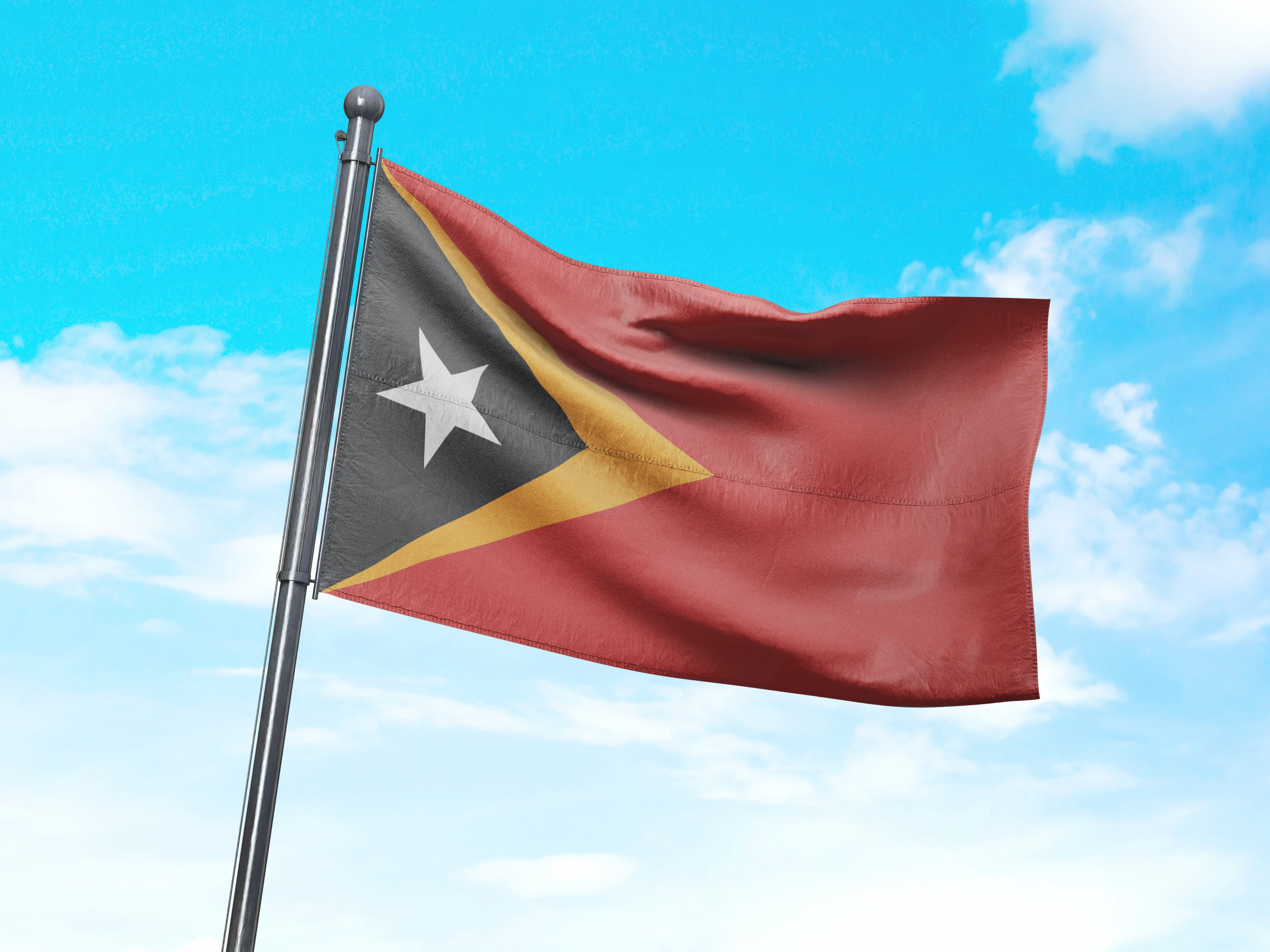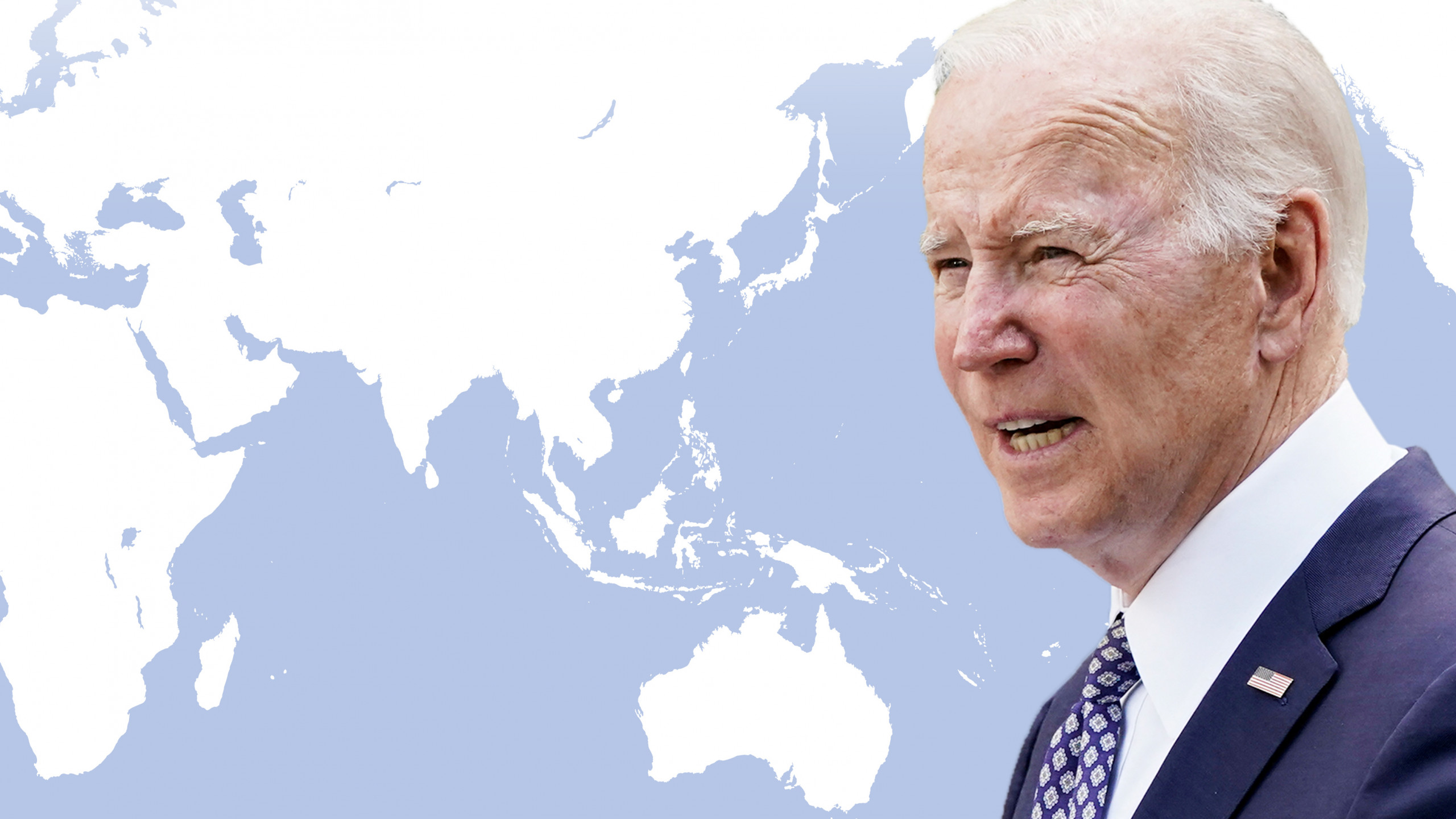After a long expectation, finally, East Timor could join ASEAN next year
An 11th Southeast Asian country is ready to sit at the ASEAN table next year: East Timor could become part of the most important political, economic and cultural organization in the Pacific region. East Timor has been officially recognised as an independent state less than 20 years ago, but its recent history is full of episodes of violence and conflicts, which developed in the last 30 years of the 20th century during the struggle for independence from Indonesia.
In 1975 the island of Timor was abandoned by the Portuguese, marking the beginning of the country’s decolonization process. However, the situation on the island was unstable due to the disputes between the country's three main parties, and Indonesia took advantage of this by occupying East Timor with its military troops. The following year, Indonesian dictator Suharto proclaimed Timor Timur a new province of Indonesia.
For about 24 years, there have been violent clashes in the area between Indonesian military forces and the socialist-revolutionary forces of the Revolutionary Front of Independent East Timor (FRETILIN), the movement formed by rebels demanding independence for Timor. Indonesia's control of the territory was repeatedly challenged by the United Nations, which, however, only intervened to resolve the conflict in 1999. In the preceding years, in fact, Indonesia received the support of numerous western states that were interested in maintaining good relations with Suharto's authoritarian government (only Australia, now one of East Timor's main trading partners, supports its independence).
However, it was in the 1990s that the atrocities committed by the Indonesian military came to light: thanks to a television report by Australian journalists, the images of the Santa Cruz massacre of 12 November 1991 in the capital Dili, in which the Indonesian military fired on the Timorese crowd causing the death of about 400 civilians, were broadcast all over the world.
Indonesia lost international credibility and the situation favoured FRETILIN, which in the following years found the support of the United Nations thanks to the International Force for East Timor (INTERFET), a military contingent composed of soldiers from 17 countries who in 1999 intervened to put an end to the conflicts.
With the fall of Suharto's government, who resigned as President of Indonesia in 1998 following several scandals, his successor Jusuf Habibie held a referendum for independence approved with 79% of the votes of the inhabitants: East Timor is no longer under the control of Indonesia.
From 1999 to 2002 the United Nations Transitional Administration (UNTAET), the special United Nations mission was tasked with establishing peace dialogues between the ethnic groups present in East Timor to create an autonomous local government and lay a solid foundation for the development of the country, which at the time was one of the poorest in the world with a per capita income of around $350. Thanks to UNTAET, the economy grew by 18% in 2000 and public facilities such as schools and hospitals were built in the country.
Finally, 20 May 2002 marked the birth of the State of East Timor with the inauguration of the country's first government led by Xanana Gusmao, leader of FRETILIN.
The process of joining ASEAN began as early as 2000 when President Ramos Horta, during his speech accepting the Nobel Peace Prize, said that East Timor would soon seek to join the most important association in Southeast Asia.
With the political stability achieved during the Gusmao government and a stronger and growing economy, thanks to the revenues derived from oil and natural gas deposits in East Timor's territorial waters, the country believes it is ready to sit at the table with the ASEAN countries. East Timor was invited to participate in the organisation's summits and obtained observer status. In 2007, it signed the Treaty of Amity and Cooperation (TAC), which had hinted at its imminent entry into the association.
However, this did not happen.
East Timor's integration process has been stalled for more than a decade due to the misgivings of some member countries such as Laos and Singapore, which hindered its entry into ASEAN.
In November 2007, the member countries signed the ASEAN Treaty to bring the organisation closer to the European model, but for East Timor, there were additional points that had to be met to join the organisation.
Previously, in order to become an official ASEAN member, certain parameters had to be met, such as being a state present in the Southeast Asian region and participation in the organisation's fundamental principles (respect for sovereignty, independence, territorial integrity and non-interference in the internal affairs of a member state). Instead, the 2007 treaty introduced the requirement of a unanimous vote by all ASEAN members, a change that effectively interrupted East Timor's hopes of joining the organisation for many years. In 2011, the country submitted its official application to join ASEAN and only in the last two years have we only in the last two years has there been any sign of East Timor being accepted as an 11th member.
Despite the economic prospects for future foreign investments and the good commercial relations with Thailand, Indonesia and Singapore (as well as the flourishing relations with Australia), the latter has for many years been against the entry of East Timor into ASEAN, presenting among the reasons the weak political stability of the country and an economy still too dependent on international aid.
East Timor has improved its economic stability over the years not just relying on gas and oil reserves, but with investments in the international market and with the increase of its private and agricultural sector, with exports of products such as coffee and rice.
The good economic results led in 2014 East Timor to have a higher growth rate than Cambodia and in line with the parameters of Vietnam, Myanmar and Laos while for over 25 years, according to the Timorese Ambassador in Jakarta Ermenigildo Kupa Lopes, the country does not depend on international aid.
Political stability is another element that has traditionally been criticised and would make East Timor's entry into ASEAN more complex. However, if we look at the data of the Southeast Asian countries, Thailand and Myanmar do not stand out for their strong political stability either, ranking 141st and 171st respectively in the global ranking. A report published by the Economist Intelligence Unit also highlights that in terms of the degree of democracy of countries, East Timor is ahead of all ASEAN members and even ahead of some EU countries.
Despite the doubts expressed by Singapore, the support of the other ASEAN countries and in particular Indonesia and Cambodia makes East Timor's hopes more concrete. Last year, Hun Sen, the President of Cambodia, has confirmed that Cambodia will stand for East Timor, whose entry into ASEAN would be important from a geopolitical and economic perspective as well for fulfilling the dream to unite all the countries of Southeast Asia under the same organization. With Cambodia taking over the role of ASEAN presidency in 2022, the dream could come true.






